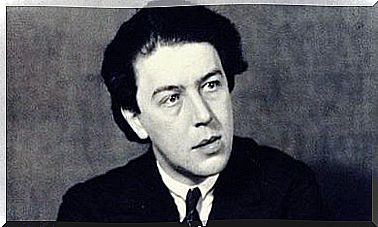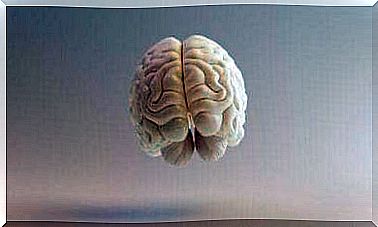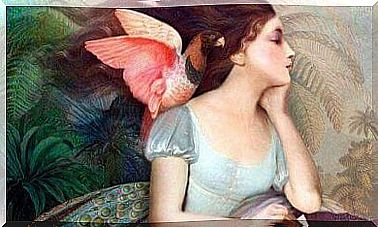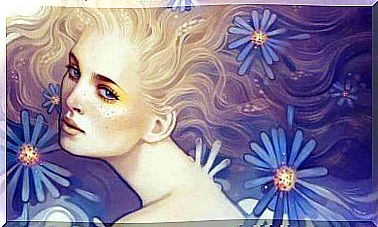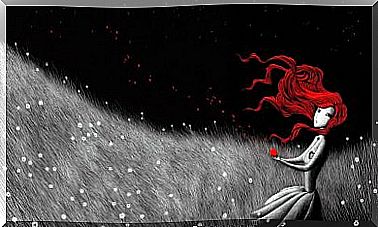I Ching, Much More Than An Oracle
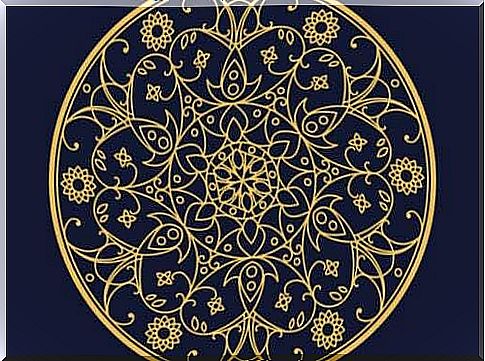
The I Ching is one of the oldest books of mankind among those preserved in China. It is estimated that it was written about 1,200 years before our era and that it is of Taoist origin. The name in Italian means “book of mutations”.
In the West, the I Ching became popular as an oracle. However, more than a divination text, it is a moral guide and a philosophical and cosmogonic treatise. Its function is not so much to predict, but rather to invite reflection and provide elements for deciding on the basis of intuition.
-Jorge Luis Borges, Poetry for Richard Wilhelm’s version of I Ching-
What has survived to this day is not the original version of the I Ching . This has undergone several transformations over time. The texts have been deleted and added, mainly to make it more understandable and enrich it. Let’s explore the topic in this article.

What is the I Ching ?
The I Ching starts from the idea that the only constant in the world and in life is change. It is based on the principle that everything a person does can cause changes in the universe. Even what we don’t do.
But it also proposes the opposite principle. In other words, nothing we do or don’t do is so important as to alter the essential course of the universe. It can change things more easily or harder, but it doesn’t change them fundamentally.
The I Ching , or book of mutations, makes us reflect on who we are, how we feel and how we can act to live in harmony with the universe. This is possible through subliminal messages that each of us must interpret. Their interpretation establishes the course to follow.
Ambiguity and uncertainty
The I Ching cannot be seen as a book of divination in the strict sense, since it does not start from the idea of a destiny already written. Quite the opposite. It is consulted to clarify what to do in certain circumstances. This means that, ultimately, he is a kind of consultant who has to make a decision, based on the oracle.
The answers offered by the I Ching are not absolute. We cannot ask, for example: “Will I win the competition for the best garden in the neighborhood for the good job I did?”. When faced with a question like this, you will not find an answer in the text, because this oracle answers in terms of uncertainty.
Some explain this ambiguity with examples. When someone has an adopted child, does that person have children or not? The deepest and most valuable questions have no definitive answers and this is what is underlined in the book of mutations.
Therefore, to consult the I Ching it is not only necessary to learn to interpret its answers, but also, and fundamentally, to have the elements to formulate the appropriate questions. Otherwise, no answers can be drawn.
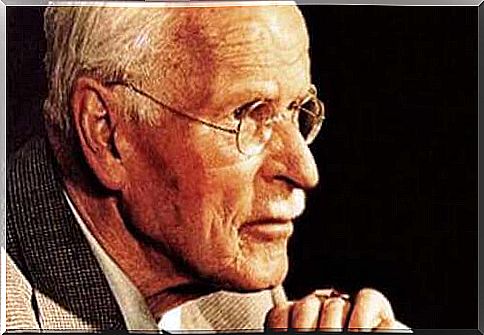
Carl Jung and the I Ching
Carl Gustav Jung often used the I Ching . He saw it as a means of accessing unconscious contents, very valid in the field of psychoanalysis. In fact, Jung wrote the preface to the most classic translation of this book, that of Richard Wilhelm.
For many theorists, the concept of “synchronicity” theorized by Jung is closely related to the experiences he had with the I Ching . According to this concept, nothing that happens in reality is the result of chance. There are invisible lines that connect some facts with others and result in every reality as presented.
For Carl Jung, one of the ways to access the understanding of this synchronicity was the I Ching . The book of mutations allows us to know the how and not the what. It also allows access to the why and not the why. By consulting it correctly, what seems confusing in our life finally connects and has meaning.
The I Ching cannot be read like a normal book, as it has the structure of an oracle. At the same time it also happens that we read it a thousand times and that it always appears to us as a different book. If used well, it provides us with important tools that can clarify our ideas.



